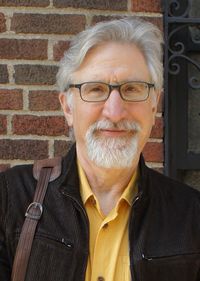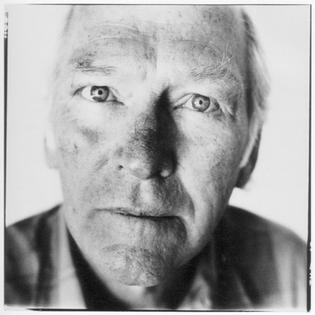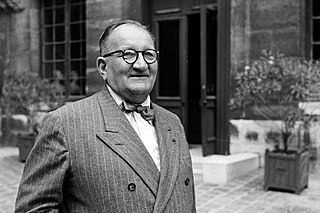A Quote by Nick Harkaway
It's usually best not to ask philosophers anything, precisely because they have the habit of what in the Persian language is called sanud: the profitless consideration of unsettling yet inconsequential things.
Quote Topics
Related Quotes
We frame things in an off-kilter way because it's unsettling. In the 'Mr. Robot' world, that's the norm, and it's the norm for the point of view that we're looking for, which is Elliot's. With our compositions and our visual language and camera movements, it's important to always evoke that unsettling feeling underneath every scene.
And that taught me you can't have anything, you can't have anything at all. Because desire just cheats you. It's like a sunbeam skipping here and there about a room. It stops and gilds some inconsequential object, and we poor fools try to grasp it - but when we do the sunbeam moves on to something else, and you've got the inconsequential part, but the glitter that made you want it is gone.
The Iranian people were converted to Islam not very much longer after the conquest of the Arab world by Islam, but they refused to adopt the Arabic language, and it's a great point of pride to them that Persian culture and the Persian language and Persian literature survived the conversion to Islam. And the conversion to Islam also was for most of them not the Sunni majority form, but the Shia one. So there's a great discrepancy between Iranian society and many other of what we think of as Arab Muslim States and systems.
I think one reason is that philosophers are more insecure to speak accessibly because non-philosophers are skeptical that philosophers have any special expertise. After all, all people - not just philosophers - have attitudes and points of view on various philosophical questions, and they rather resent being told that there are professionals who can think about these things better.
There is no such thing as a language, not if a language is anything like what many philosophers and linguists have supposed. Thereis therefore no such thing to be learned, mastered, or born with. We must give up the idea of a clearly defined shared structure which language-users acquire and then apply to cases.
All the talk about the so-called unspeakable horror of early capitalism can be refuted by a single statistic: precisely in these years in which British capitalism developed, precisely in the age called the Industrial Revolution in England, in the years from 1760 to 1830, precisely in those years the population of England doubled.
When a scientist considers all high-tech mental machinery needed to arrange words into ordinary sentences, prescriptive rules are, at best, inconsequential little decorations. The very fact that they have to be drilled shows that they are alien to the natural workings of the language system. One can choose to obsess over prescriptive rules, but they have no more to do with language than the criteria for judging cats at a cat show have to do with mammalian biology.
Why are there organized beings? Why is there something rather than nothing? Here again, I fully understand a scientist who refuses to ask it. He is welcome to tell me that the question does not make sense. Scientifically speaking, it does not. Metaphysically speaking, however, it does. Science can account for many things in the world; it may some day account for all that which the world of phenomena actually is. But why anything at all is, or exists, science knows not, precisely because it cannot even ask the question.







































